The long running ‘Wagatha Christie’ libel case result has found that the case brought by Mrs Vardy against Mrs Rooney was futile as there was no significant reputation damage. What can the public take from this about how the courts determine reputation damage?
Firstly, if you believe your reputation has been damaged, you must be prepared to justify the claim and show both cause and effect. In short you must show that your prior reputation had a value of ‘x’ and as a direct result of action by the accused, you the plaintiff have seen this value fall to a value of less than ‘x’. You will need to demonstrate not only the deficit between prior and subsequent value, but irrefutably show a direct causal link devoid of any other possible cause.
A plaintiff’s legal team should establish how their client’s reputation was acquired and how its value is maintained or preserved. The vulnerability or fragility of said reputation needs to be explored in rigorous detail before you decide to pursue the case against one person for damages. It is not enough merely to ensure your client’s claim is robust enough to withstand cross examination in court, but corroborating witnesses need to be thoroughly vetted so they don’t weaken it.
Secondly, just because you can afford to launch a libel suit does not mean you will win it. The courts are now wary of how the cost of defending a libel case can be enough to silence a critic. Aaron Banks brought a case against the journalist Carol Cadwaladyr. It was deemed a Strategic Lawsuit against Public Participation or SLAPP – a form of retaliatory lawsuit intended to deter freedom of expression on subjects of public interest. Investigative Journalists have to be very careful when they try to expose wrong-doing or corruption as they run the risk of being sued in order to silence them.
Finally, appreciate that reputation is not something that can be controlled, it is earned not bought and resides in the minds of others. Opinion and belief act as testament of character and a basis for trust. Regaining a damaged reputation takes time, no amount of money or apology can restore its value overnight. Reputation is a valuable but fickle commodity which is rarely damaged by a single third party, more often it is damaged by self-inflicted blunder, one of which, ironically, is bringing an extremely costly libel suit that subsequently fails.

